What is Azure Cosmos DB for NoSQL?
Azure Cosmos DB is a globally distributed, multi-model database service designed for managing NoSQL data.
What programming languages are supported for SDK operations?
The SDK supports C#, JavaScript, Python, and Java for performing CRUD operations.
How do I configure throughput for Azure Cosmos DB?
You can configure throughput using serverless, provisioned, or autoscale options via the Azure portal.
What are the prerequisites for the DP-3015 certification?
Familiarity with Azure portal navigation, intermediate programming skills, and experience with SQL or NoSQL databases.
What is the average salary for professionals with DP-3015 certification?
Salaries vary by region and experience, but certified professionals can expect to earn between $80,000 to $120,000 annually .
How does the DP-3015 certification benefit my career?
It enhances your skills in NoSQL database management, making you a valuable asset for roles in cloud-native application development.
How long is the DP-3015 exam?
The exam typically lasts around 90 minutes and includes multiple-choice and performance-based questions.
8. What study materials are recommended for the DP-3015 exam?
Microsoft Learn offers official study guides, practice exams, and online courses tailored for the DP-3015 certification.
Can I retake the DP-3015 exam if I don't pass?
Yes, Microsoft allows retakes, but there are specific policies regarding the number of attempts and waiting periods
Are there any discounts available for the DP-3015 exam?
Microsoft offers academic pricing and special packages for students and professionals




 intermediate
intermediate  1 Day
1 Day 



